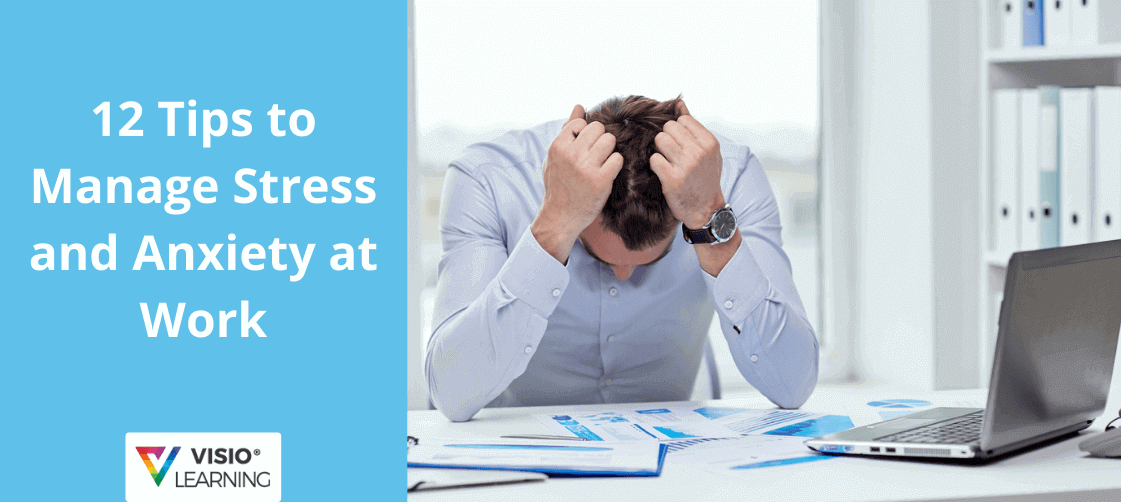
Work-related stress can cause anxiety and major depression in human beings. In 2020, around 79% of British adults were found to suffer from work-related stress, making it the most common type of stress in the UK. That’s why we have compiled 12 essential tips to help you manage stress and anxiety at work in the most effective way.
What are Stress and Anxiety?
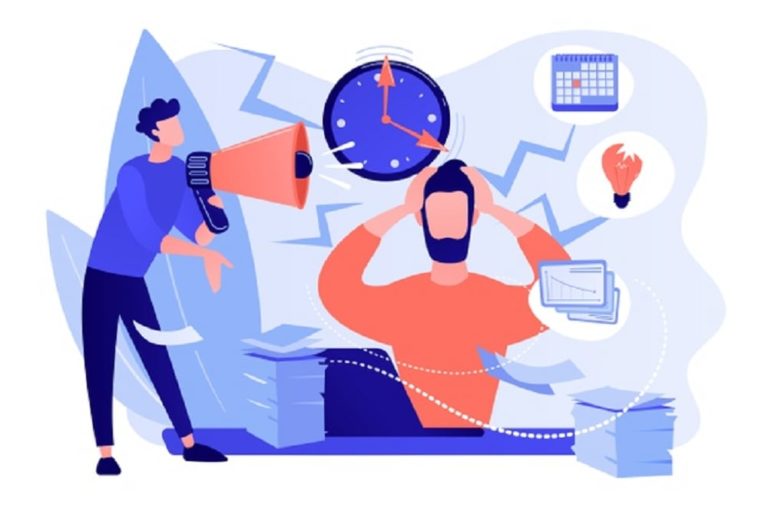
The main way to manage stress and anxiety is to understand them first. Then you will know when you are stressed or anxious and learn how to manage it.
To simply speak of it, stress is our body’s reaction to any kind of pressure and threats. When we are stressed, our body releases stress hormones. These hormones can cause lots of mood swings, increased heart rate and blood pressure. In addition, as a result of stress hormones, our cells release nutrients and energy so that we are ready to take flight.
On the other hand, anxiety is our body’s reaction to stress. When our stress becomes persistent, it starts to lead to anxiety. Anxiety is a feeling of distress, discomfort or fear before any major event. It enhances our alertness and awareness. Also, for people who already suffer from an anxiety disorder, it gets more complicated. For example, if you feel anxious to communicate, you will have a low confidence level or suffer from insecurities.
We as human beings are naturally prone to stress or anxiety in order to make a fight or flight response. For us who are working 9 to 6 or even more can get triggered with stress because of so many reasons.
A healthy amount of stress and anxiety keeps us alert, focused, and prepares us to deal with threats. For example, these threats can be overcoming deadlines, maintaining the clients or boss satisfied, accomplishing the new campaigns. But when you receive too much pressure and eventually stress continuously, this can overwhelm you. As a result, the stress causes anxiety in you.
What are the Symptoms of Stress and Anxiety?
Anxiety and stress are both bodily reactions with similar symptoms. So it can be difficult to distinguish between them. In response to a recognised threat, stress tends to be short-term. Anxiety may persist for a long time and can be triggered out of nowhere.
Causes of Stress and Anxiety at Work?
Our work is a stable part of our lifestyle. It is equally important like family, friends, movies and books. Many of us find purpose in life in our work. A bit of stress can help keep us motivated for work. But when things get unbearable and start taking a toll on our health, we should get ourselves out of those situations by any means.
Some major workplace stressors are:
- Workplace culture
- Bad management system or practice
- Job content and demands
- Physical work environment
- Relationships at work
- Change management
- Lack of support
- Role conflict
- Trauma
Contributing to the above stressors are other factors of stress, like:
- Long hours
- Heavy workload
- Changes within the organisation
- Tight deadlines
- Poor relationships with colleagues or bosses
- Lack of interest in the job
- Changes to duties
- Lack of job security
- Lack of free will or appreciation
- Insufficient skills for the job
- Low salary
- Lack of proper resources
- Lack of equipment
- Few developmental opportunities
- Harassment and discrimination
- Crisis situation like loss or someone’s death
Who are the Most Stressed People in the UK?
A survey conducted by Statista displays the percentage of people suffering from different kinds of stress in the UK for the year 2020. According to the data, work stress is the most common form of stress in the UK. Approximately 79% of people suffer from work stress, according to the most recent surveys and data.
Moreover, 31% of 25-34-year-olds are feeling the most work-related stress weekly. At this age, people have just started their careers and are willing to take anything on their plate to become successful. What they do not realise is that their body and mind has a limit. So their stress and anxiety drain them out, and they burn out.
Furthermore, according to The 2020 UK workplace stress survey of different UK regions, 43% of the population suffers from work stress in Wales. It is the highest in the UK, followed by Northern Ireland at 31% and the South East at 30% for stress.
People in the healthcare profession feel more stress, which is around 84%. This has also drastically increased because of the COVID-19 pandemic situation. 83% of Education and real estate workers also feel work stress the most, making it to the second position.
Our course on Psychology of Anxiety and Stress can help you prevent stress and anxiety at work. Also, you can help others reduce their anxiety with the help of this course.
How to Control Stress and Anxiety at Work?
Our lifestyle has become success-driven, and it leads to increased levels of stress and anxiety. To be happy with our work and personal life, we must know how to handle our stress and anxiety at work. Our stress drains us out physically and mentally. It also leads to poor performance and engagement in both work and home.
12 tips on how you can handle stress and anxiety at work are given below.
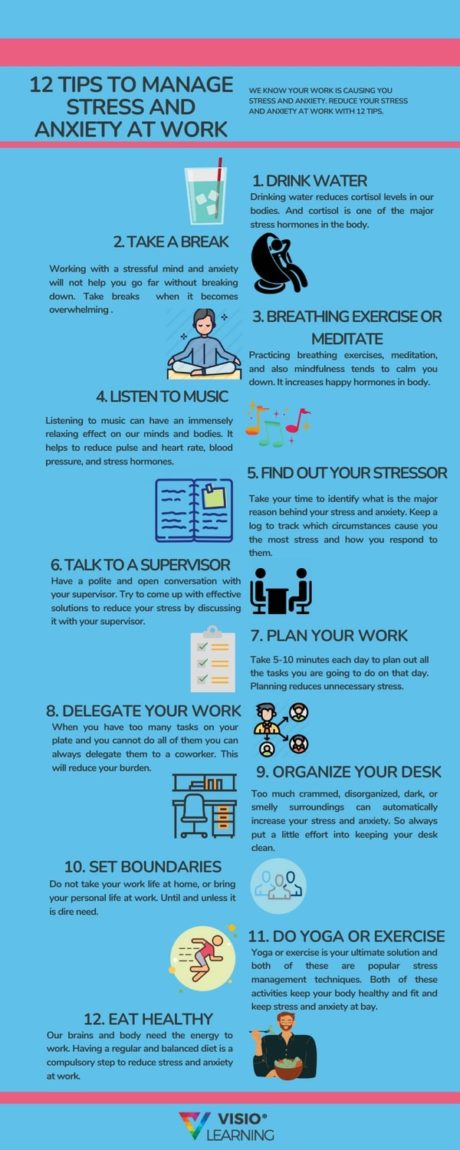
1. Drink Water

Whenever you feel stressed and your anxiety is taking hold of you, drink water. Drink plenty of water. You might think it is the silliest solution to all the big problems you are facing. However, our work demands attention, and for long hours we forget to drink water.
Stress causes dehydration, and at the same time, dehydration can also cause stress. Often our stress takes a toll faster on us because we are dehydrated. Moreover, dehydration and stress have similar effects like increased heart rate, nausea, fatigue, headache. So if you stay dehydrated for long periods, you are increasing your stress.
Drinking water reduces cortisol levels in our bodies. And cortisol is one of the major stress hormones in the body. Therefore, drinking water helps us to calm down from stress.
2. Take a Break
When you are too overwhelmed or tired of working, immediately take a break. Taking breaks has been shown to help people cope with stress, which can help them work better. Recovering from work stress will help you regain your energy and mental wellbeing while also reducing the risk of exhaustion, sleep disorders, and cardiovascular disease.
Working with a stressful mind and anxiety will not help you go far without breaking down. Instead, just give yourself 30 minutes or however long you need to be fully rested. Ensure your body is at least calm and energetic before you go back to work with full force.
When you take short breaks, do nothing at all for a while. Here are something’s that you can do to reduce stress and anxiety while taking breaks:
- Take rest in a comfortable position or place
- Spend time in nature and let the greens in nature help you calm down.
- You can also sleep; working with a well-rested mind is always more productive.
- Try to do something that you enjoy
3. Breathing Exercise or Meditate
Closely followed by taking breaks are – relaxation techniques like meditation and breathing exercises. Practising breathing exercises, meditation and mindfulness will help you to calm down. It will distract you from your thoughts, and help process your work more appropriately later on. Find a quiet corner in your workplace, and you can try this breathing exercise:
- Sit up straight but not stiffly, close your eyes, and take slow, deep breaths.
- Count 1 to yourself at the end of your exhalation.
- Count 2 after the next exhale.
- Repeat this pattern until you reach a count of 5, then begin again at 1.
- Repeat this procedure for about 5 minutes.
During the time, try not to entertain any other thoughts that might arise in your mind. You will find yourself distracted after a while when concentrating on breathing without counting your breaths. You can try this technique whenever you feel stress and anxiety at work.
4. Listen to Music
Music heals. We have heard it again and again. Listening to music can have an immensely relaxing effect on our mind and body. Such music can benefit our physiological functions by slowing down pulse and heart rate, reducing blood pressure and reducing levels of stress hormones.
You can listen to any sort of music that you like. There is work music, sounds of rain, nature, which can have a calming effect upon listening. You can easily find them on YouTube, Sound Cloud, Spotify and other music streaming apps.
Music is a proven way to manage stress. Research has found that it increases our focus and brings clarity to our minds. All of this is highly beneficial when we are working with stress.
5. Find Out Your Stressor
So far, all the tips were about immediately taking action to reduce your stress and anxiety. Now let’s think about preventing stress and anxiety in the long term. First, take your time to identify what is the primary reason behind your stress and anxiety. Then, look at what things and situations trigger your stress and anxiety continuously.
For a week or two, keep a log to track which circumstances cause you the most stress and how you respond to them. Take account of thoughts, feelings, information about the surroundings, including the people and situations involved, the physical setting, and your reactions to all of them.
All these tabs will help you find out your major stressors that need to be managed.
6. Talk to a Supervisor
If you are overwhelmed with stress and anxiety and are not getting any easier, you must share your concern with your supervisor. Your boss and supervisor must invest in creating a healthy and safe work environment and promoting employees’ well-being. Most of the time, the cause of our stress and anxiety at work is because we just keep on piling our desks with all tasks that come our way.
Have a polite and open conversation with your supervisor. You must find a proper way to express your feelings rather than seeming like you’re complaining.
You can try to develop practical solutions that contribute to reducing your stress by discussing them with your supervisor. There are other things they might be able to help you with, like providing employer-sponsored wellness resources, support from co-workers etc.
7. Plan Your Work
Our major reason for stress and anxiety at work is inadequate or proper planning of our tasks. Try to do your job in an organised manner. Your to-do list can go on and on if you don’t have a proper plan to achieve them.
Take 5-10 minutes each day to plan out all the tasks you will do on that day. Estimate the time you need to do each task. Inform your client or supervisor of your plan and start working on it. It is highly productive to complete tasks one by one rather than juggling tasks without properly accomplishing them.
Moreover, an essential part of planning your work is to set realistic goals for yourself. If your deadlines are unrealistic, then try to set more achievable deadlines. Schedule your tasks each day by adequately estimating the time you need to complete them. Then, prioritise the essential tasks for the day that you can cover by the end of the day.
Planning and setting realistic goals will help you immensely to reduce stress and anxiety at work.
8. Delegate Your Work
When you have too many tasks on your plate and can’t do all of them, you can delegate them to a co-worker. Effectively delegating tasks to your team members can help to reduce burnout. Let your team share the burden of your task, and you don’t have to worry about everything at the same time.
Trusting your work with other co-workers can improve your relationship. When a task is given to us, we might not be so good at it, but someone in your team can do it better. Delegate that task to them, and you can always return the favour when the time comes.
9. Organise Your Desk
We spend hours after hours at our desks and in front of our computers. So it is essential they are in good condition, and they promote a calm and healthy atmosphere. Cramped, disorganised, dark or smelly surroundings can automatically increase your stress and anxiety. So always put a little effort into keeping your desk clean.
Keep enough free space under the desk to stretch your legs. Also, keep all the things you frequently need on your desk, organised and at a hand reach.
Ensure there is enough light around your desk and the temperature is fine to keep you cool throughout the day. Low lights can put on your eyes, and if the weather is too cold or too hot, they can make you constantly uncomfortable. Also, try to make your desk smell good with any kind of mild scents you like. The soft scent helps your mind to stay relaxed when you concentrate on work.
If you are using a laptop or a desktop computer, ensure that they are at the right angle from your hand and eyes. Place the monitor in front of you, almost at an arm’s length away. The screen’s top should be at or a bit below your eye level. The monitor should be positioned directly in front of your keyboard. Lower the monitor by 1 to 2 inches if you wear glasses for a more relaxed experience. Adjust your monitor in such a way that the bright light source comes from the sides of it.
10. Set Boundaries
Do not take your work life at home or bring your personal life to work until and unless it is a dire need. Because when you don’t have any boundary between your professional and personal life, it can cause stress and anxiety.
Working long hours or working even after you go home can be a significant reason for your stress and anxiety. That’s why you should set boundaries with colleagues and family or friends. Make sure when they can reach out to you without interrupting your professional or personal life.
Setting boundaries inside the workplace is equally important. If there are no boundaries, everyone will come up to you with their work and just pile them up on your desk. So you should tell them that you are already working on something, and they should find someone else or some other time to give that work to you.
11. Do Yoga or Exercise
Want to be healthy and energetic in your work and home? Yoga or exercise can be the ultimate solution. Also, both of these are popular stress management techniques. Both of these activities keep your body healthy and fit while keeping stress and anxiety at bay. In addition, they help to form happy hormones in our body and reduce stress hormones in the process.
A regular exercise or yoga session can do wonders for your body and lifestyle. Exercise keeps your body energised throughout the day, improves your stamina. It can also clear your mind, help you relax and sleep better. These factors are critical things that reduce stress and anxiety at work.
12. Eat Healthy Foods
Eating healthy is equally important as doing regular exercise. Having a regular and balanced diet is a critical step to reduce stress and anxiety at work.
We wake up and go to work in a hurry every day. Often we skip the most important meal of our day, which is breakfast. Our brain and body need sufficient energy to work. Not having breakfast or skipping lunch can easily trigger our stress and anxiety and contribute to the already existing pressure.
Try to have complex carbohydrate and protein-filled food at breakfast and avoid any refined sugar.
Also, have your lunch in time; starving yourself won’t get your work done; it will only reduce your productivity. Ensure that your lunch is filled with proteins, nutrients and low amounts of carbohydrates. Chicken, fish, vegetables, fruits or whole grains, nuts, and seeds can make a healthy diet for you, keeping you energised throughout the day.
Moreover, try to avoid greasy, high fat or junk foods on your diet plan. It can cause heartburn, upset stomach or uneasiness to your body. Instead, try to enjoy this kind of food on weekends and have a cheat day to treat yourself.
Alongside all these 12 tips, try to wear comfortable yet formal clothes at work. You should also reduce alcohol intake and smoking if you do that regularly. Before stress and anxiety can bring the worst out of you, try to prevent them with the above-mentioned steps.
Work and Be Happy!
To conclude, all of us deal with stress and anxiety on some level. However, we cannot allow stress and anxiety to overwhelm us and kill the desire to work. So we must maintain a steady, healthy practice to keep stress and anxiety away. These 12 tips will help you to do that. But if you want to be an expert at reducing your and your keen stress and anxiety, take our Psychology of Anxiety and Stress course.
Approved Course Centre
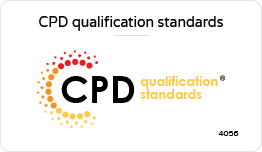
Our Courses Partners

Registered with the UK Register of Learning Providers (UKRLP)
UKPRN: 10063816

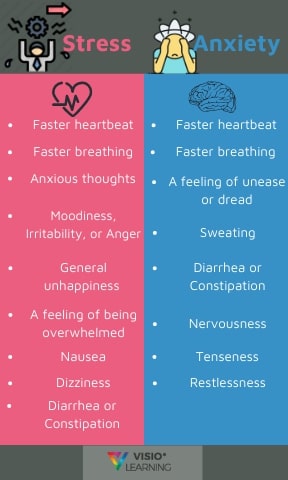
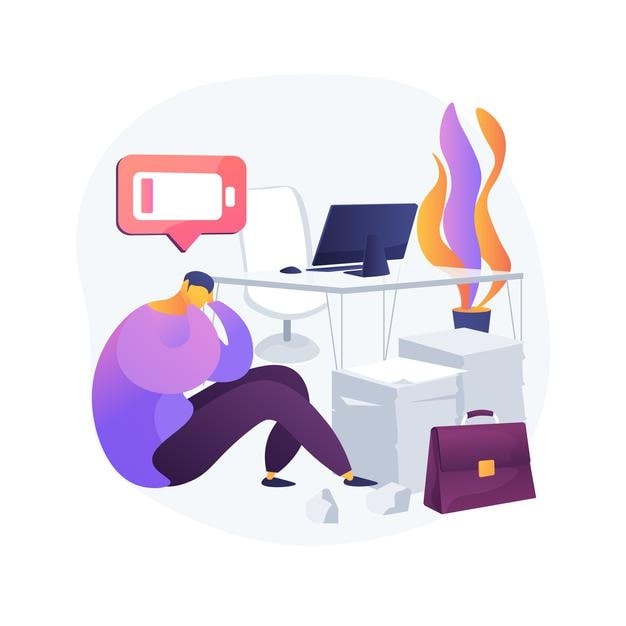
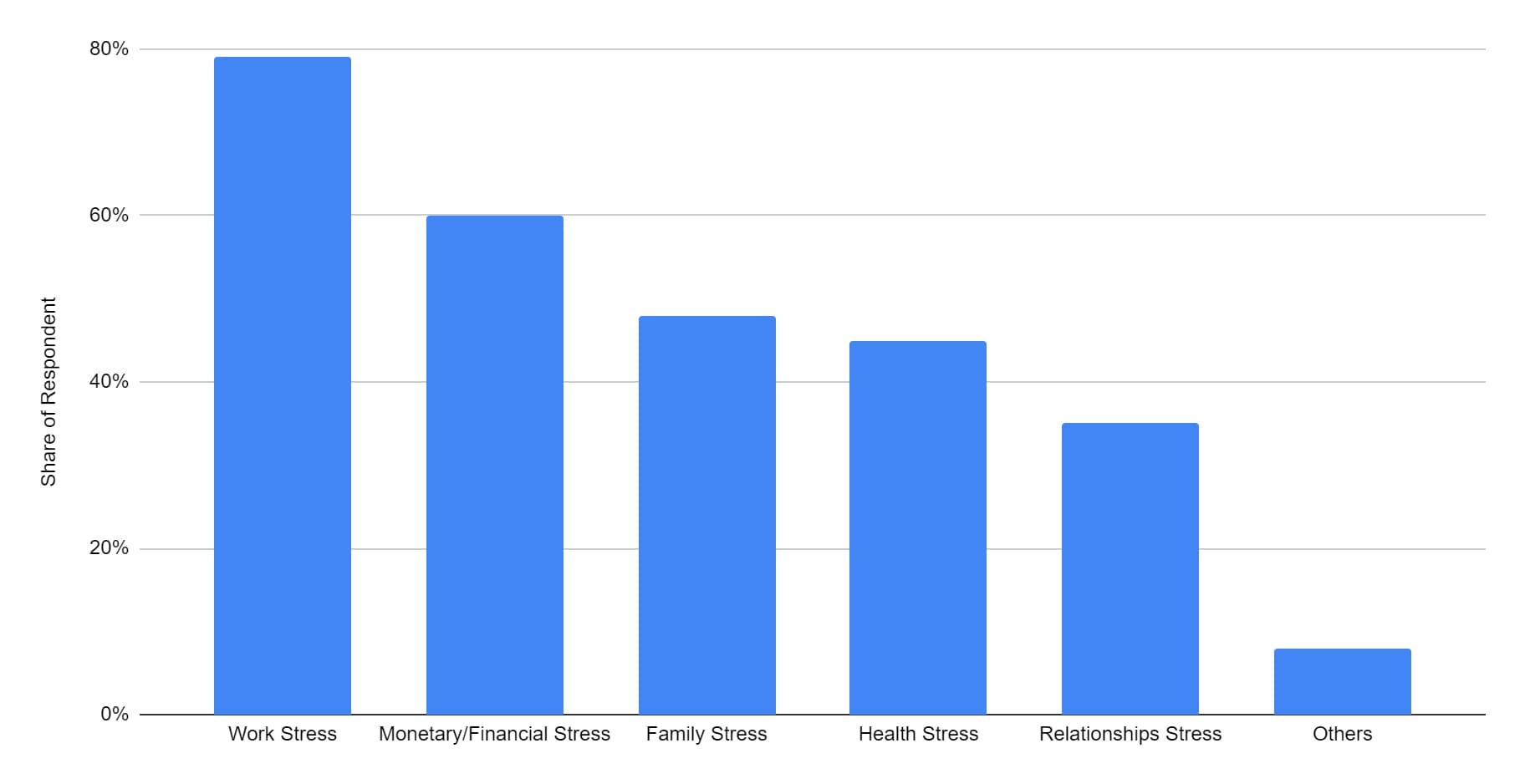
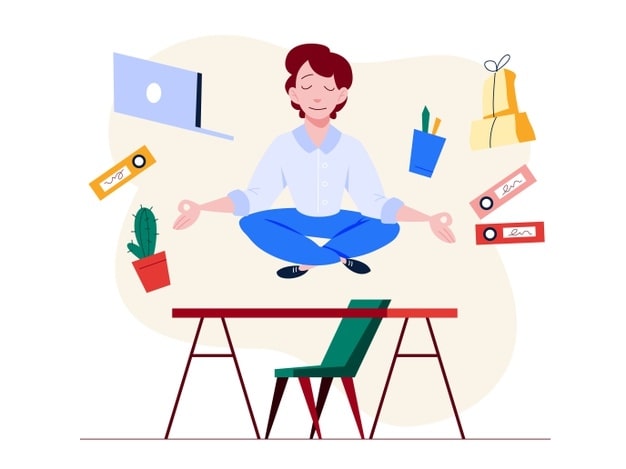
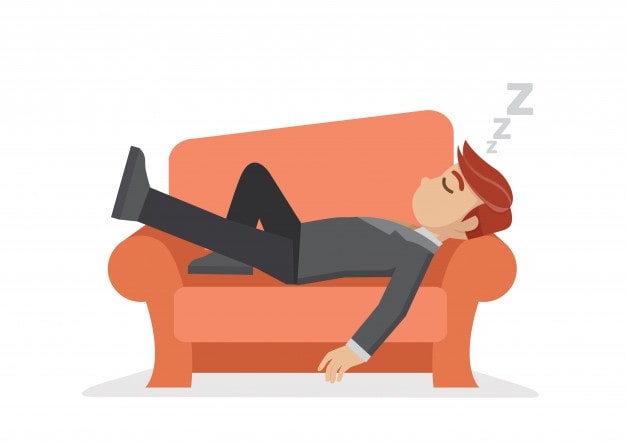

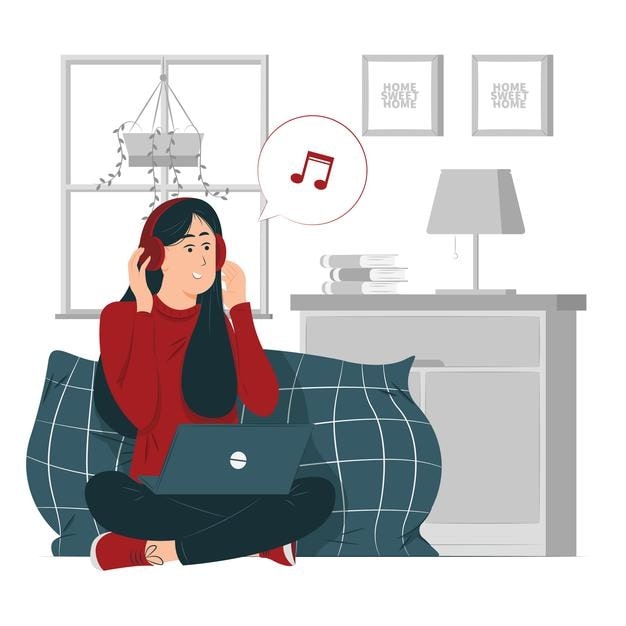
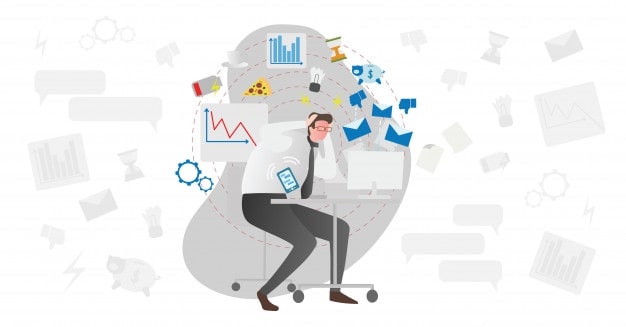
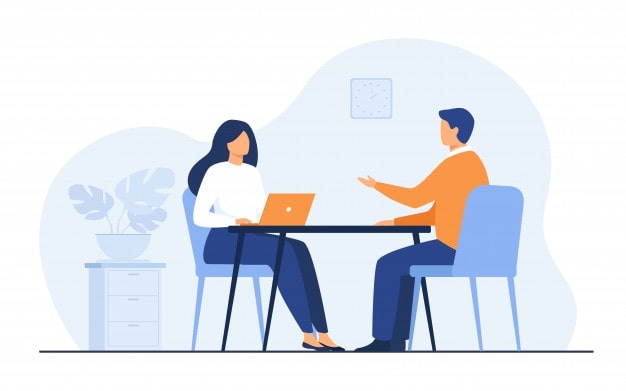
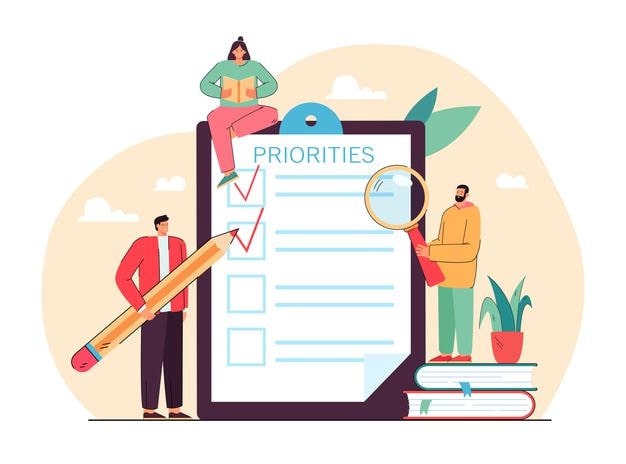

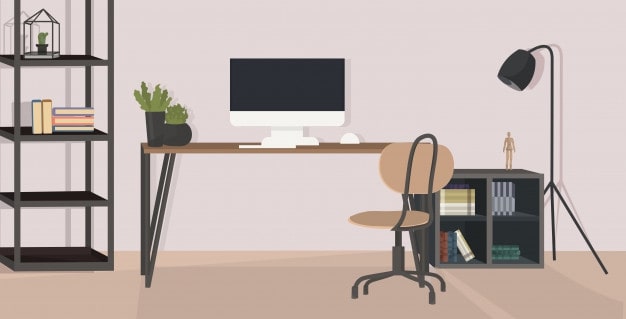

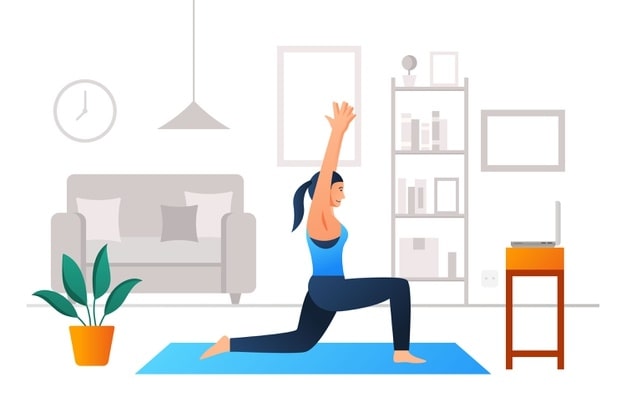

0 responses on "12 Tips to Manage Stress and Anxiety at Work"